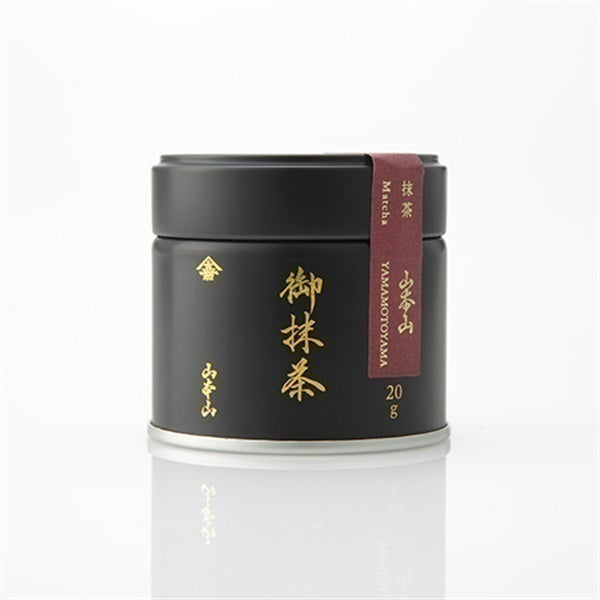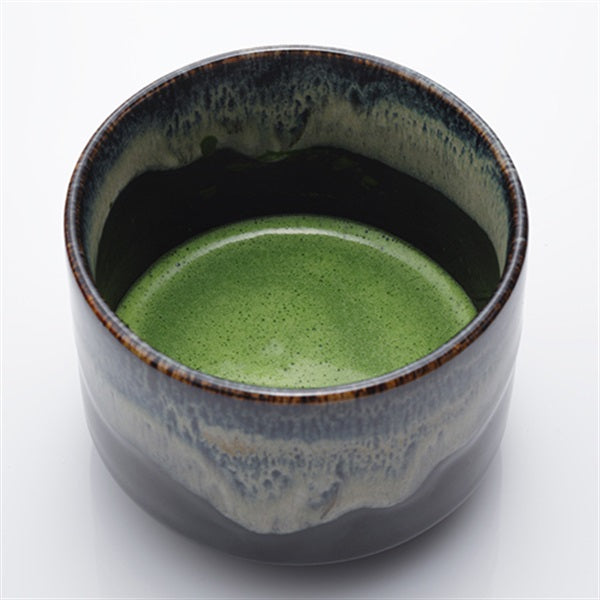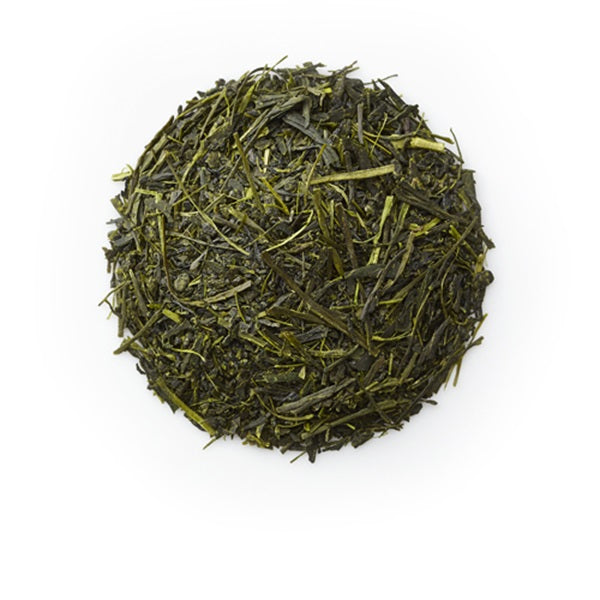
Increase your concentration! What is the surprising mechanism by which caffeine blocks drowsiness?
Introduction
"I always feel sleepy in the afternoon..." This is a phenomenon that everyone has experienced at least once.
Drowsiness can come at any time, such as while working, studying, or driving, and it can significantly reduce our concentration and performance.
Why on earth do we get sleepy?
And how does caffeine, which is found in many types of green tea, including gyokuro, help you wake up?
In this article, we will explain the mechanism behind drowsiness and the surprising effects of caffeine from a scientific perspective.

The mechanism behind drowsiness
The main factor that causes drowsiness is adenosine, a substance produced in the brain by energy consumption.
When this adenosine binds to specific adenosine receptors in the brain, it stimulates the sleep center and makes you feel drowsy.
The longer you are active, the higher the concentration of adenosine in your brain becomes, so you will feel especially sleepy on days when you study for long periods of time or do a lot of physical activity.

Adenosine gradually builds up in the brain as we go about our daily activities.
This causes adenosine levels to increase in the evening and into the night, making you feel sleepy.
Adenosine is broken down during sleep, so after a good night's sleep, the adenosine concentration in your brain decreases, allowing you to wake up feeling refreshed.

The secret behind caffeine's stimulating effect
On the other hand, caffeine, which is found in green tea and other drinks, has a molecular structure that is surprisingly similar to adenosine, and this similarity is deeply involved in the mechanism by which caffeine exerts its stimulating effect.
Caffeine also binds to adenosine receptors, but unlike adenosine, it does not activate the receptors.
Rather, caffeine binds to the receptors in place of adenosine, preventing adenosine from binding and causing drowsiness.

Caffeine is easily absorbed into the brain and acts quickly
Caffeine can easily cross the blood-brain barrier and therefore quickly reaches the brain after ingestion.
By binding to adenosine receptors, it blocks the action of adenosine and counters drowsiness.
This is the mechanism behind the "stimulant effect" of caffeine. Rather than waking you up, it might be more accurate to say that it has the effect of preventing drowsiness that would occur in the future if you did nothing.
Caffeine reaches the brain very quickly, and its effects are fully felt within about 30 minutes of ingestion.

In addition, it has been reported that consuming caffeine promotes the secretion of serotonin, known as the happiness hormone, and dopamine, a neurotransmitter involved in motivation and pleasure.
The excitatory sympathetic nervous system is also activated, so by switching from a gloomy, negative state to a positive, active one, you can turn on your motivation switch! You can also expect to see an effect of increasing your awareness and concentration.

Finally
What do you think about the mechanism by which caffeine wakes you up?
Caffeine keeps you awake by blocking the action of adenosine, a substance that makes you sleepy.
However, the effects of caffeine are temporary and excessive consumption can have adverse health effects.
The important thing is to not rely solely on caffeine, but to also focus on healthy lifestyle habits such as quality sleep, a balanced diet, and moderate exercise.

In addition, using caffeine should maximize the alertness effect and improve daytime performance at work, study, etc.
Also, the effects of caffeine vary from person to person; while highly sensitive people can feel the effects even with small amounts, those who develop a tolerance may find it harder to feel the effects.
It is important to use caffeine wisely, according to your constitution and situation.
I hope this article will help you to better use caffeine and live a more comfortable life every day.



















